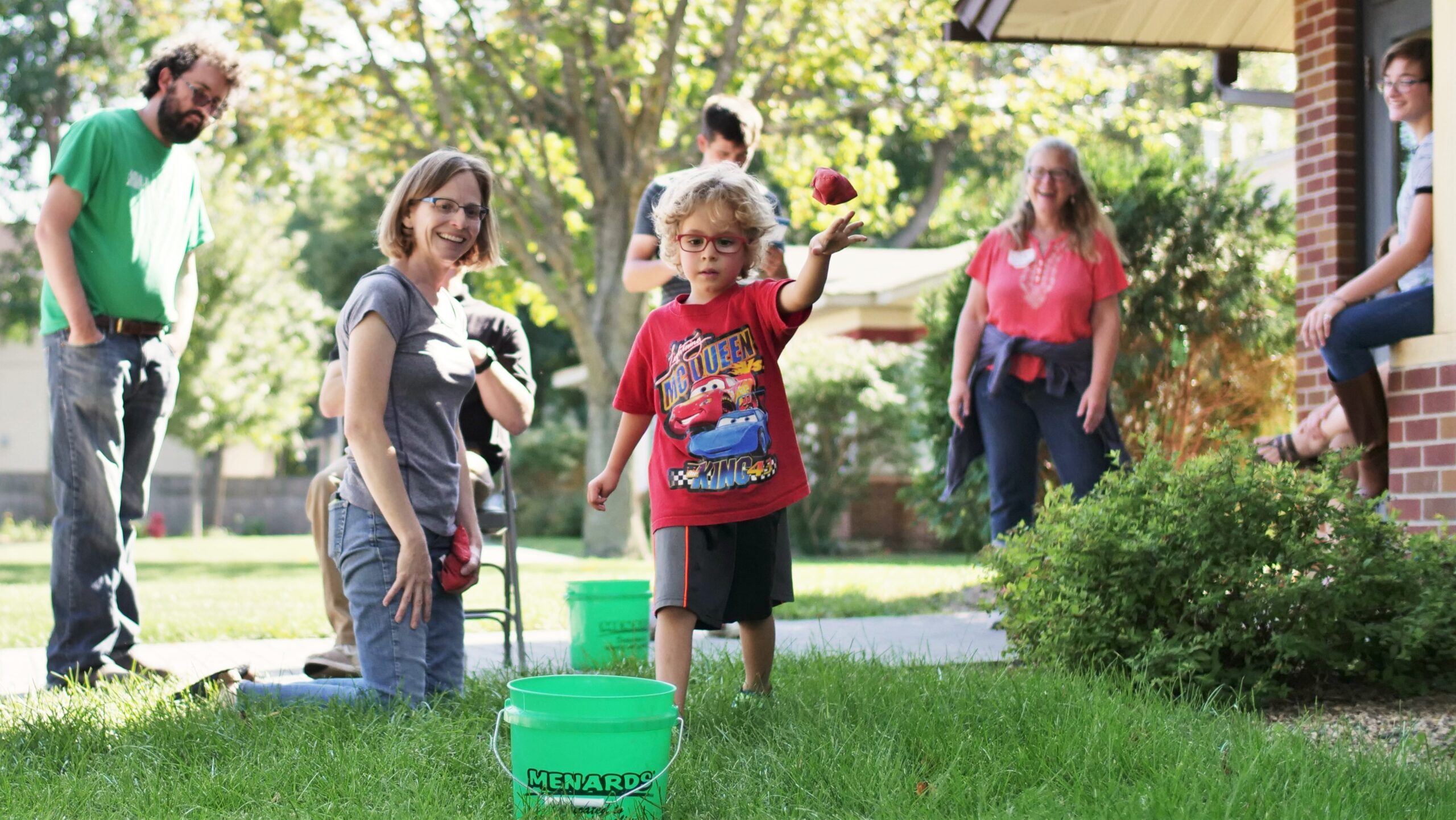Respite Care: Recharge and Refresh
Respite care describes multiple types of temporary care allowing a primary caregiver to take a break from their responsibilities and recharge. It’s healthy and necessary to take a break from caregiving duties from time to time. You cannot pour from an empty cup. Both you and your family will be healthier and less stressed with some time to relax apart from one another.
Respite Care Preparation
Respite care can be in-home, out-of-home and long or short term. All require different elements for proper planning. Respite care for individuals with intellectual and developmental disabilities (IDD) looks different from respite care for seniors. If you need respite care, take these questions into consideration:
- Do staff members know how to support individuals with IDD?
- What steps does the organization take to ensure that each person’s needs and preferences are met?
- Is the organization prepared to support someone who is a given age?
You can prepare for using respite care by creating a letter of intent or letter of instruction. Include information about your loved one’s needs, wants, beliefs, preferences, behavioral management strategies, hobbies, habits, social activities, dietary habits/restrictions, daily schedule and medical needs. This will provide peace of mind for you and ensure expert care for your loved one.
To ensure you can implement respite care when it’s needed, research your options (or contact a Family Navigator for assistance).
Important Steps
- Take inventory of your own needs.
- Determine the length of time you need care provided, whether it’s for a few hours (like the respite care available at Laura Baker Services Association) or longer term (two weeks or more).
- Consider who you want to provide care. Having a trusted friend or family member care for your loved one for a few hours might meet your needs. Dedicated facilities can require longer lead time and more preparation. Calling facilities early and often can be a key step in ensuring you get the necessary breaks you need.
Alternative Forms of Respite Care
Alternative forms of respite care outside the home or a skilled nursing facility – such as the Autism Society of Minnesota’s summer camps, True Friends’ camp programs, vacation packages for adults with IDD and others – offer opportunities for your loved one to engage in new activities and make new friends. Depending on the program, many are covered under waivers your family may already be receiving.
More Information and Support
Considering and planning for respite can help you and your family thrive. For more information and assistance in accessing respite care, schedule an appointment with Family Navigation Services.

Samantha Engelby
Lead Family Navigation Specialist / Respite Manager
Direct: (507) 850-8860 Main: 507-645-8866
